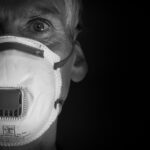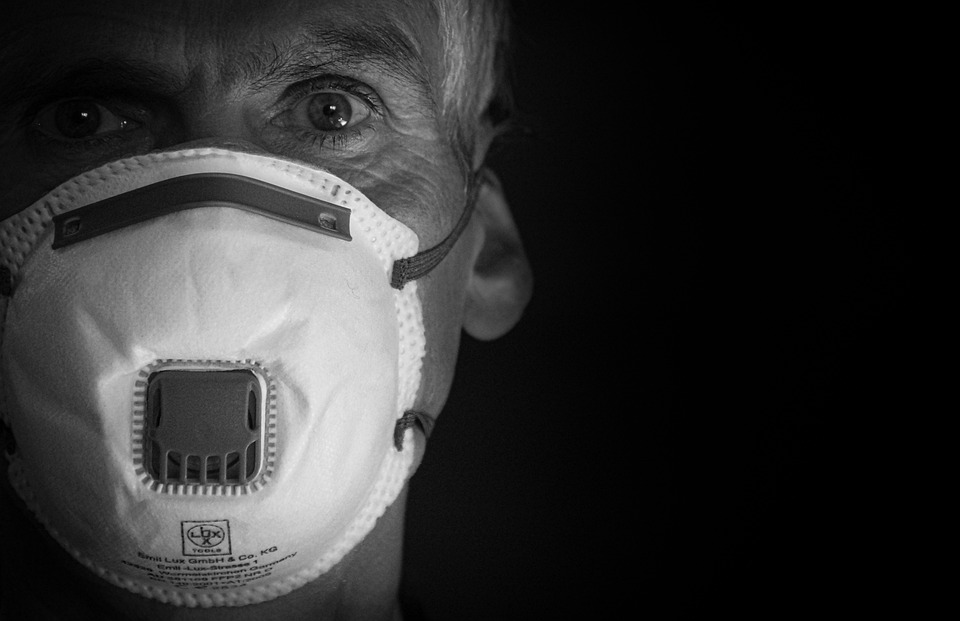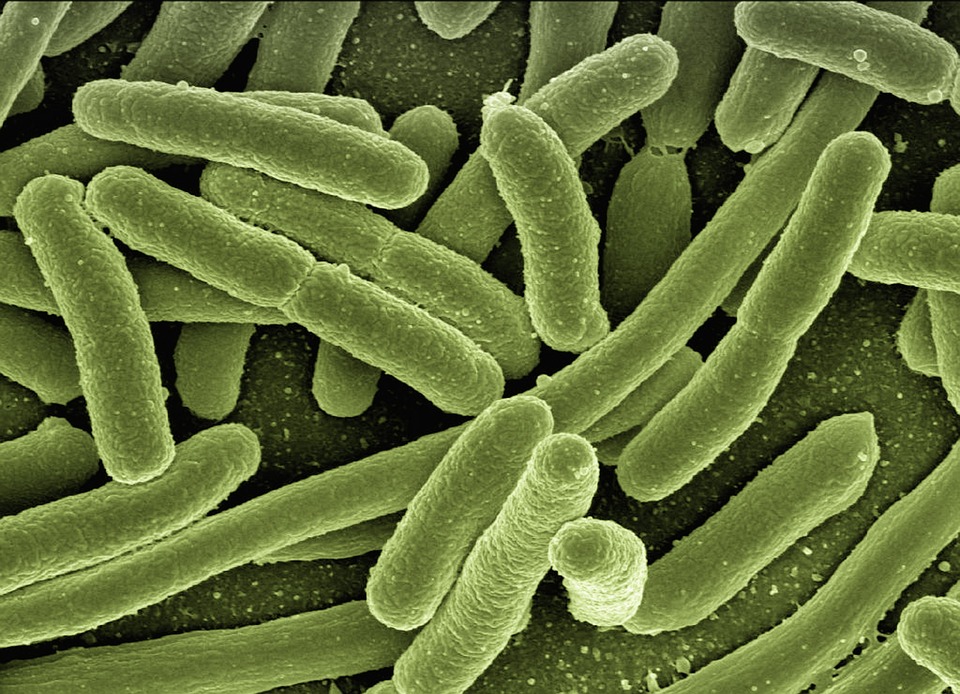In our fast-paced world, prioritizing health sometimes falls to the wayside. Yet, recognizing diseases and symptoms early is crucial for maintaining overall well-being. By becoming more aware of your body and its signals, you empower yourself to take proactive steps toward a healthier life. In this article, we’ll explore effective strategies on how to identify diseases & symptoms early for better health and embrace a vibrant future.
Understanding the Importance of Early Detection
Early detection of diseases can significantly alter health outcomes. It allows for timely interventions, which can lead to:
- Improved Recovery Rates: Many conditions have better prognosis if caught early.
- Reduced Treatment Costs: Early interventions can prevent more complex and expensive treatments.
- Enhanced Quality of Life: Timely management often leads to a more manageable condition.
Key Strategies for Early Identification
1. Stay Informed About Common Symptoms
Knowledge is power, especially when it comes to health. Familiarize yourself with common symptoms of prevalent diseases. Here’s a quick list:
- Flu and Cold: Fever, cough, sore throat
- Diabetes: Increased thirst, frequent urination, fatigue
- Heart Disease: Chest pain, shortness of breath, fatigue
- Cancer: Unexplained weight loss, fatigue, changes in bowel habits
Understanding these signs can help you spot potential health issues early.
2. Regular Self-Examinations
Taking time for regular self-assessments can aid in detecting abnormalities. Consider the following practices:
- Breast Self-Exam: Once a month, check for unusual lumps or changes.
- Skin Checks: Regularly examine your skin for any new moles or changes in existing ones.
- Dental Health: Look for any persistent issues in your mouth such as swollen gums or unusual lumps.
3. Keep a Health Journal
Tracking your symptoms, lifestyle changes, and health concerns can provide clarity. Documenting the following can be particularly helpful:
- Changes in mood or energy levels
- New pains or unexpected changes in your body
- Dietary habits or changes
This diary will be invaluable during your medical appointments, helping healthcare professionals make more informed decisions.
Regular Health Screenings
Routine check-ups and screenings are an essential part of preventive health care. Depending on your age and risk factors, talk to your healthcare provider about:
- Blood Pressure Tests: To monitor heart health
- Cholesterol Levels: Essential for cardiovascular wellness
- Cancer Screenings: Mammograms, colonoscopies, and prostate exams as recommended
These evaluations can help identify conditions before they become serious.
Listening to Your Body
Your body has an incredible way of signaling when something is off. Trust in these instincts. If you notice unusual changes or persistent symptoms, seeking medical advice is the best course of action.
Building a Support System
Don’t underestimate the power of a strong support system. Friends and family can help you:
- Stay motivated on your wellness journey
- Remind you to schedule regular check-ups
- Encourage you to seek help when needed
Conclusion: Empower Yourself for a Healthier Future
Learning how to identify diseases & symptoms early for better health is not just about awareness; it’s about empowerment. By tuning into your body, staying informed, and maintaining regular health check-ups, you take control of your health narrative. Remember, a proactive approach can lead to a vibrant, fulfilling life. So, step up, stay aware, and embrace your wellness journey!







